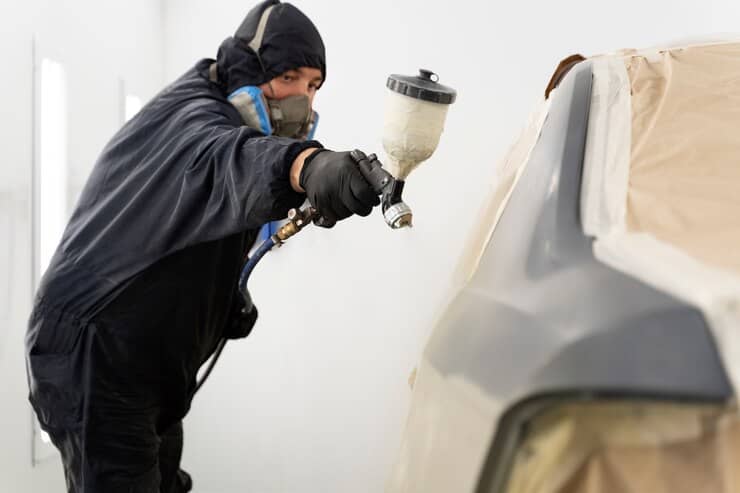Why I Shouldn't Buy a Flooded Car: The Pros and Cons
Introduction:
- Briefly discuss the recent storms in UAE and the rise in flooded cars being sold.
- Highlight the importance of understanding the risks before purchasing a flood-damaged car.
Pros of Buying a Flooded Car:
-
Lower Price
Flooded cars are often sold at a much lower cost, making them attractive to buyers on a budget. Opportunity for Repairs
Some cars may only have cosmetic or minor mechanical issues that are relatively inexpensive to fix.Parts Resale Value
Even if the car is beyond repair, there’s potential to sell valuable parts like the engine, transmission, and electronics.
Cons of Buying a Flooded Car:
Hidden Damage
Water can damage the engine, electrical systems, and other parts that may not be immediately visible.Expensive Repairs
Repairing a flood-damaged car, especially electrical and engine issues, can be costly and may outweigh the initial savings.Diminished Resale Value
Flood-damaged cars typically have lower resale value and may be harder to sell in the future.Insurance and Warranty Issues
Many insurance companies may not cover flood-damaged vehicles, and warranties often do not apply to water-damaged parts.Long-Term Reliability
Flooded cars often face long-term reliability issues, such as rust and corrosion, leading to frequent repairs.
Conclusion:
- Summarize the potential risks of buying a flooded car, emphasizing that while it may seem like a bargain, the long-term costs and headaches often make it a poor investment.
- Encourage readers to consult experts at Autolab Garage before purchasing any flood-damaged vehicle.




